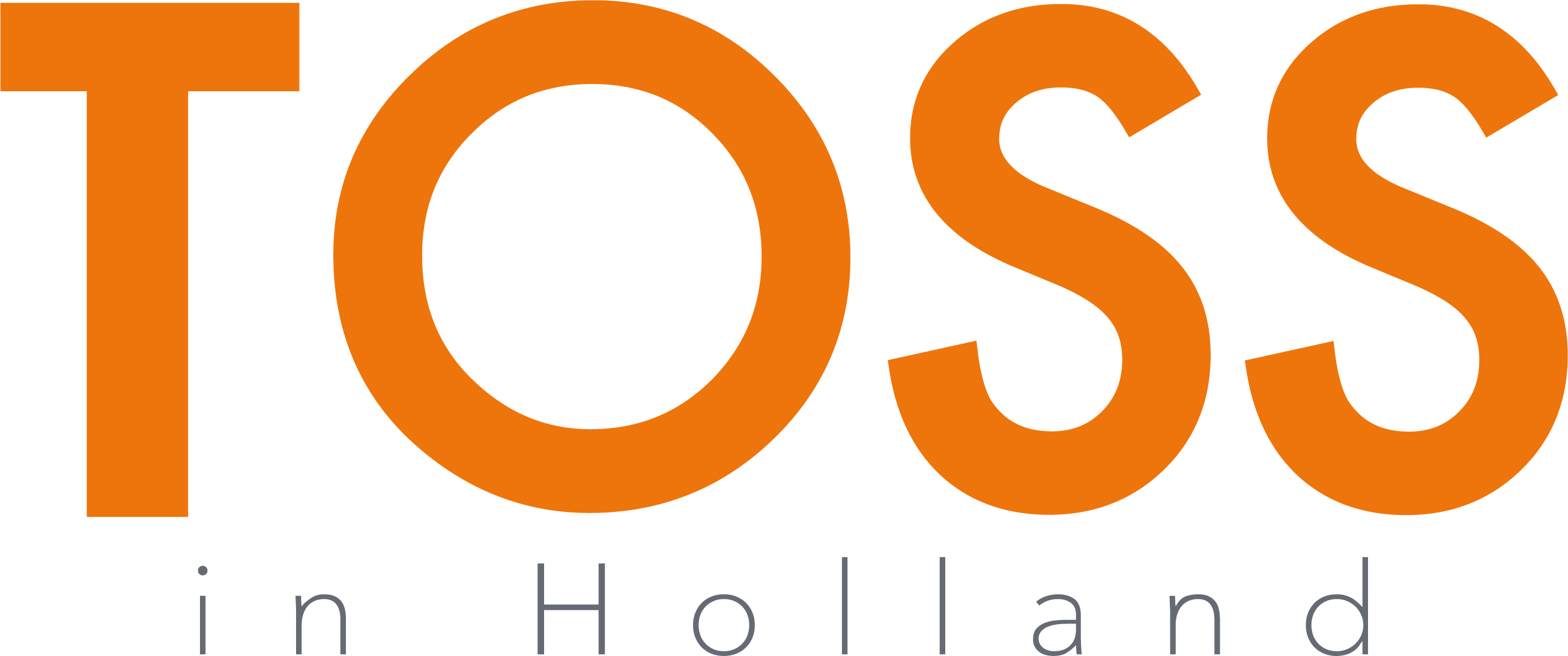Dutch Courses
Most Dutch people speak English and will probably switch to it when they hear people stutter through the Dutch ‘G’. As an expat, you will be forgiven for doubting whether it makes sense to learn Dutch. Regardless of whether it’s necessary, it might be useful to learn the local language.
TOSS tells you the benefits of learning Dutch and can help you find a Dutch course.
Benefits of learning Dutch
When you arrive in the Netherlands, no one will expect you to speak the Dutch language. But after a while, people really appreciate it if you learn the language. A few benefits:
- It helps one gain insight into Dutch culture, history and customs;
- It makes it easier to develop social contact;
- You will generally be more appreciated by the locals for making an effort;
- An elementary level of Dutch will make you feel more at home, because you can understand what’s going on around you.
Advice on learning Dutch
We must admit, Dutch is not an easy language to learn. For instance, Dutch sentence structure is the opposite to English sentence structure and you probably never had to make that ‘G’ sounds before.
So, what steps do you need to take in order to learn Dutch?
Take a Dutch course:
There are a lot of different types of language institutions offering various courses with different techniques and different costs. You can choose an intensive course to pick up the language as quickly as possible, take private lessons or maybe you prefer lessons that include Dutch culture. Find out more about Dutch courses for expats.
Official Dutch examinations:
The Dutch government developed an examination known as the NT2, which stands for Nederlands als tweede taal (Dutch as a second language). This exam will give you an officially recognized diploma and proves that you have a good command of the Dutch language.
Besides that:
Practice a lot! Don’t insist on speaking English with your Dutch acquaintances;
Don’t be afraid to make mistakes;
If you are a beginner, let people you converse with know that you speak little to no Dutch;
Try to avoid complex subjects at first and keep your initial conversations simple;
Be honest when you don’t understand someone;
Pay attention and listen to as much Dutch as you can: try to read a local newspaper and watch Dutch television.
Do you need help finding the nearest language institute? TOSS is happy to help you search and make an appointment.















